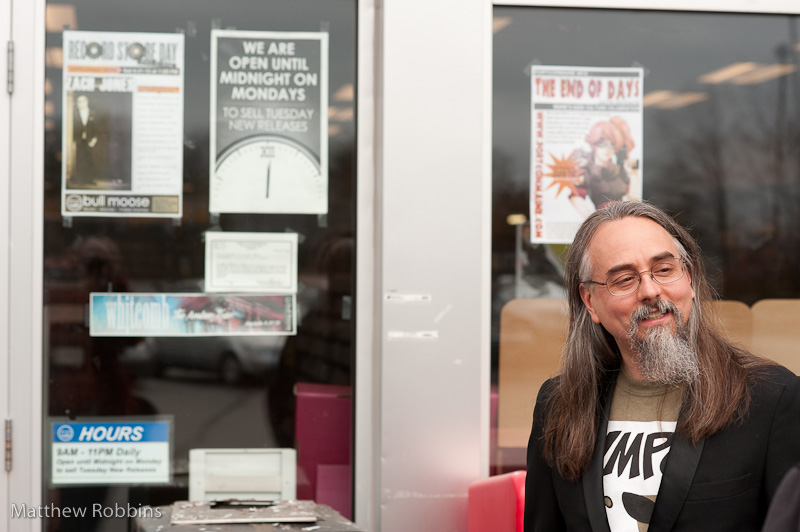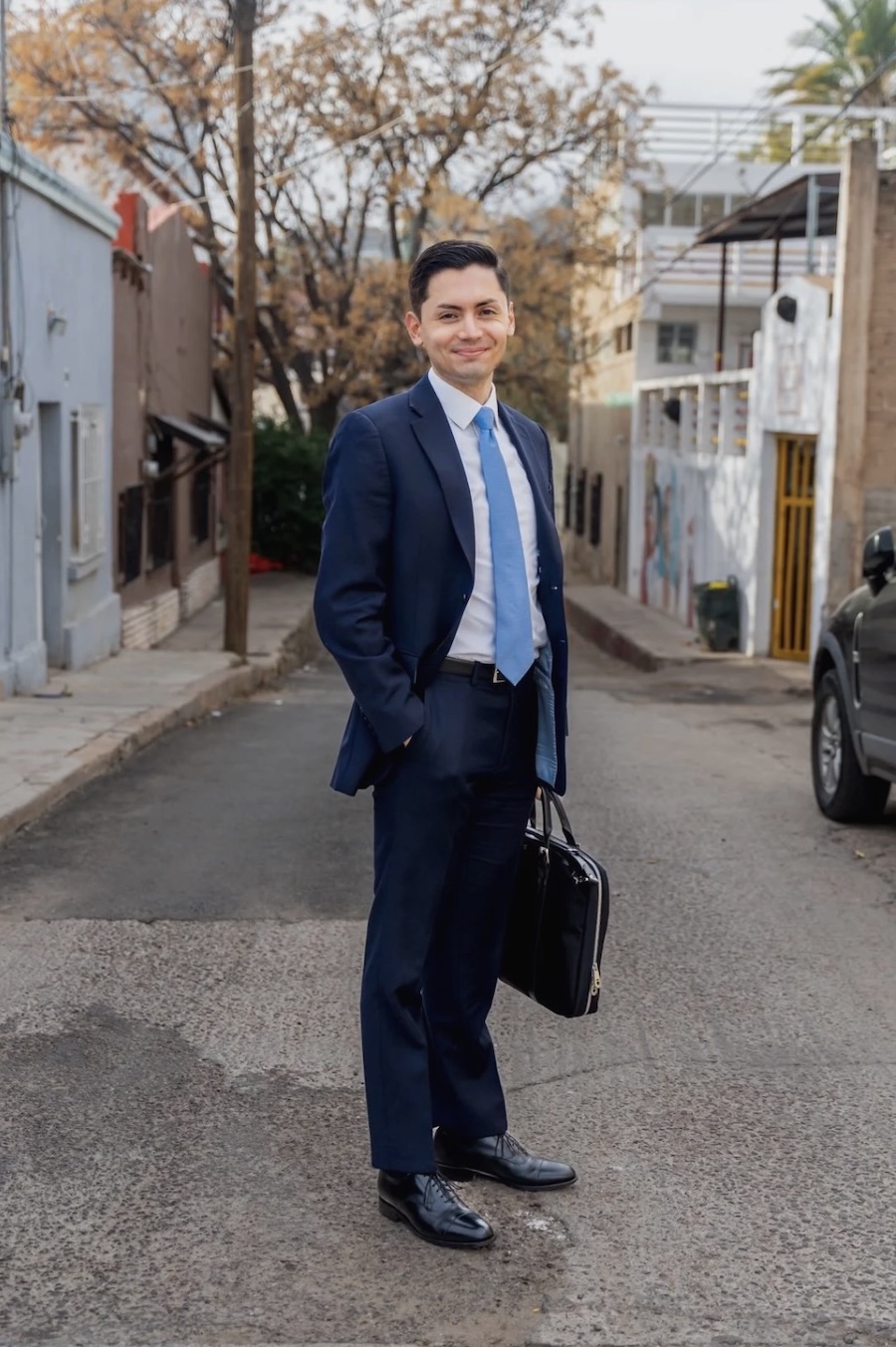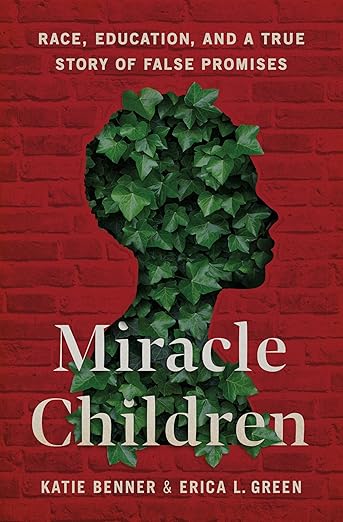Bull Moose’s Brown: How Bowdoin Econ Class Prepared Me for Employee Sale
By Tom PorterWhen Bull Moose CEO Brett Wickard '90 mentioned to longtime colleague Chris Brown '91 that he was considering transferring ownership of the retail chain to its employees, Brown had a light bulb moment. “I know all about this,” he said. “I did a paper on it thirty years ago!”

As a Bowdoin sophomore, Brown wrote a term paper on employee stock ownership programs, known as ESOPs, as part of Professor Jonathan Goldstein’s political economics class. The paper, called “Worker Owned Businesses: Another Look at ESOP’s Fable,” examined the rationale behind ESOPs and how well they work. “The key lesson for me,” he said, “was that you could improve performance at the same time as making a company a better place to work.”
Brown, who is chief financial officer at Bull Moose, was a music major but took three economics classes. “That's what's fun about a school like Bowdoin,” he said. “You can learn all kinds of things, learn how to write, how to think critically. You’re not locked down in one particular area.”
Wickard founded Bull Moose while still an undergraduate in 1989, and fellow student Brown was his first hire two years later. From there, the independent music store grew into an eleven-strong retail chain with outlets across Maine and New Hampshire, employing more than 140 people. Bull Moose, which also sells video games and books, has played a central role in the resurgence of vinyl over the last fifteen years and in 2008 was instrumental in establishing Record Store Day—now a major global event for the music industry. In a recent interview, Wickard said Bull Moose has been profitable every year since it was founded, with the exception of 2020, the pandemic year.
Earlier this month, Bull Moose announced that its employees would be buying the company for an undisclosed price. “It’s fortunate I was able to put my hands on that old econ paper, which I dusted off and reread,” said Brown. “Obviously a lot of things have changed over thirty years, but the basic idea— that the profits are distributed amongst eligible employees who are the new owners—is the same.” Brown said he will remain as CFO under the new structure. “Going forward, the plan is to have a lot more guidance and initiative coming from the people who work behind the counters, which is great, but I still need to be here to check the math.”
Brown thinks there’s no doubt that his twenty-year-old self would think it cool that he would go on to work for an employee-owned company. “I wish I could tell the person who wrote that paper, ‘Hey, this is gonna work out. You just have to hang tight for thirty years!’”



